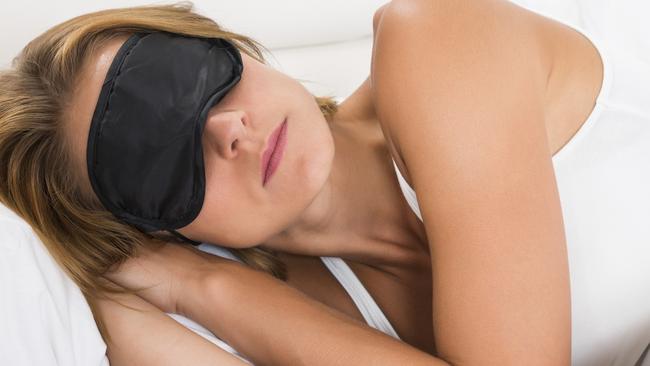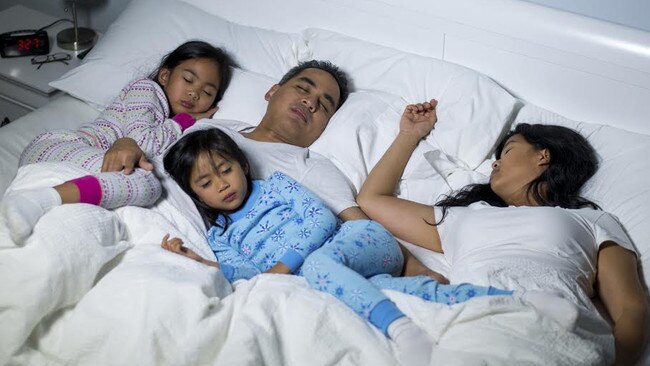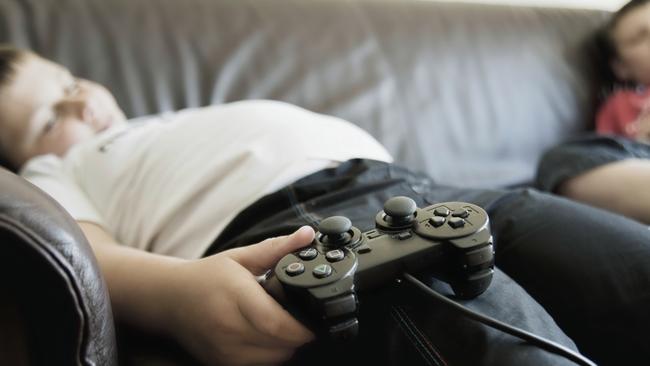Why what time you go to sleep affects your health: UniSA world-first study reveals 4 sleep profiles
Today’s 24-hour society is impacting on how kids and adults sleep with some worrying trends emerging. New research has revealed four types of sleepers – providing two of the types a wake-up call.

SA News
Don't miss out on the headlines from SA News. Followed categories will be added to My News.
- Sleep science: How much shut-eye does your teen really need?
- Researchers warn against sending kids to bed with their phones
- Who will help our teens fighting online gambling addiction
When you go to sleep might be as important as how long you sleep for, according to world-first research out of Adelaide which has revealed four types of sleepers.
The University of South Australia-led study looked at the sleeping habits of children and their parents, to determine if there were ramifications for health and wellbeing of particular routines.
Four natural “clusters” or primary profiles of sleepers were identified in the study that involved more than 1040 children aged 11 and 12 and more than 1330 of their parents.
These are, the short sleepers (27 per cent of those in the study), the late-to-bed sleepers (17 per cent), long sleepers (24 per cent) and overall good sleepers (31 per cent).
Lead researcher, UniSA’s Lisa Matricciani, said there were growing concerns today’s 24-hour society meant people were sleeping less, experiencing poorer sleep quality, later bedtimes and irregular sleep schedules, particularly with the increased use of technology.
She said this was the first population-derived study to establish correlations between sleep, socio-demographic characteristics and lifestyle.

“We all appreciate the importance of a good night’s sleep but too much or too little, going to bed late or having irregular sleep schedules can be a cause for concern,” Ms Matricciani said.
“(This study) really captures what a night’s sleep is like, it shows that perhaps it is not just duration we need to consider but also the timing in which people go to bed and wake up and the quality of sleep – how well rested are they in the morning?”
Wrist devices were worn by the participants over a seven-day period to record sleep characteristics such as sleep duration, timing, quality and consistency.
“The key finding is that adults and children who regularly go to bed late are more likely to have an unbalanced diet comprising fewer fruits and vegetables and more junk foods, such as chips and sugary drinks,” Ms Matricciani said.

“Additionally, this group is also more likely to be less active with children engaging in higher amounts of screen-time and far less physical exercise.
“If you are going to bed late but having to wake up early for school or work commitments, you might be tired and less inclined to do physical activity as a result, because your body is saying ‘I want to go to sleep’, so you don’t feel like going for that run … at the same time, because you feel tired you crave energy dense food, whether it be high sugar, high fat food so it is that vicious cycle.
“When we looked at activity patterns on children, overall good sleepers and long sleepers had the most favourable activity patterns.
“Short sleepers had a similar pattern to the late-to-bed sleepers, in terms of dietary and activity profiles but they just weren’t quiet as poor as the late-to-bed cluster.”
Additional research to further how these sleep profiles impact on health outcomes will now be undertaken.
“Understanding the profiles of at-risk groups provide better insights to guide public health dollars,” Ms Matricciani said.
